My name is Jerome Kim, M.D., and I am the Director General of the International Vaccine Institute (IVI), an OECD-recognized international organization established in 1997 at the initiative of the United Nations Development Programme (UNDP). IVI is now an independent entity with 38 countries and the World Health Organization as member states.
We work with governments, vaccine developers and manufacturers, philanthropies and foundations, other international organizations and public-private partnerships, policymakers, universities, hospitals, and the private sector to make safe and effective vaccines available and accessible for global public health.
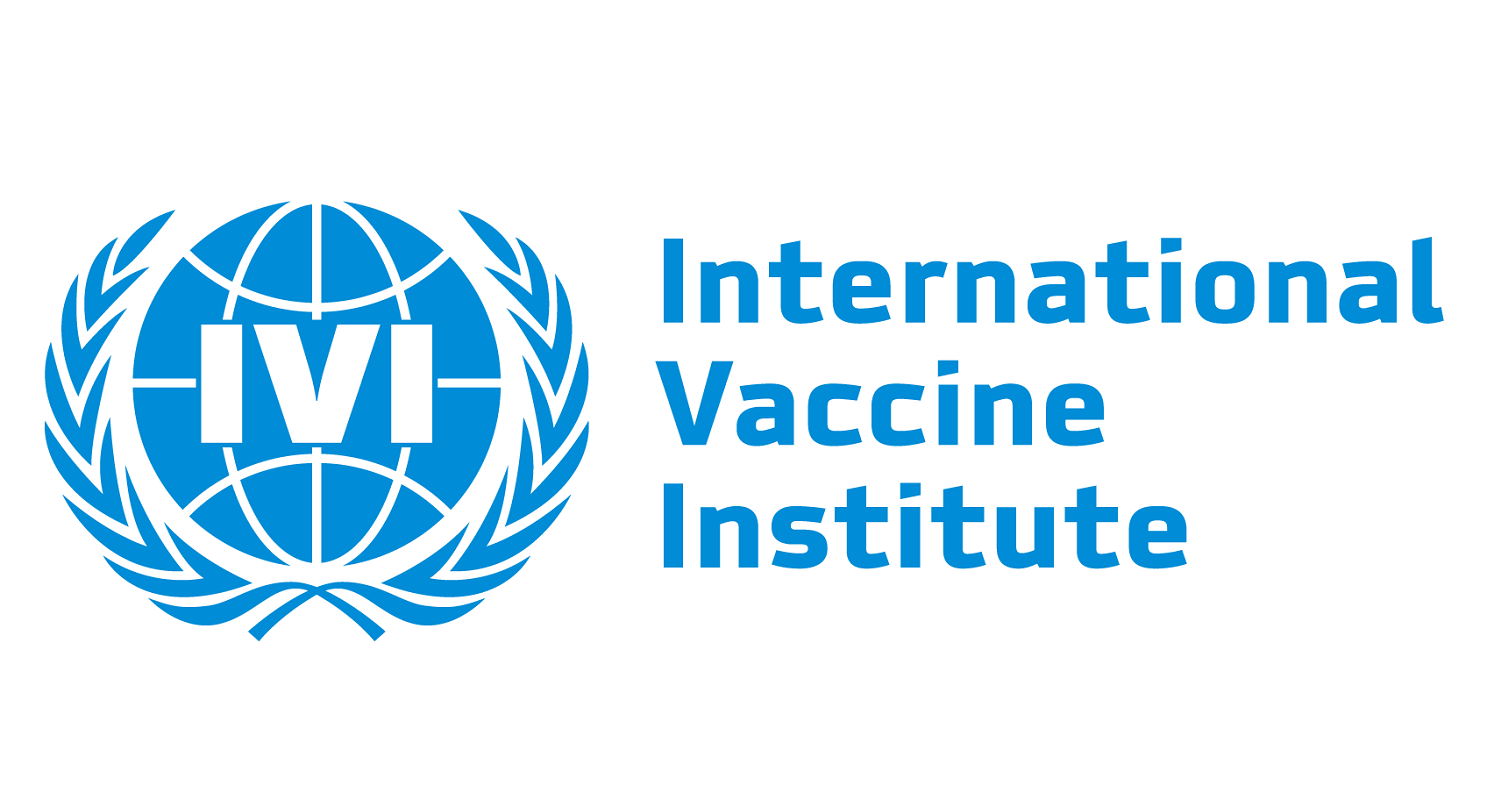
Image Credit: International Vaccine Institute
As an organization, your mission is to discover, develop and deliver safe, effective, and affordable vaccines for global public health. Can you tell us more about how you are working towards this goal?
IVI focuses on vaccines that are critically needed to prevent and eradicate infectious diseases that disproportionately and widely affect low- and middle-income countries. These diseases are often associated with poverty, such as cholera, typhoid, schistosomiasis, and other Neglected Tropical Diseases (NTDs), resulting in a lack of financial incentive for major vaccine developers to invest in vaccine development. IVI aims to close this gap, advocating for, gaining funding, and developing new and improved vaccines that will save and improve hundreds of thousands of lives every year.
IVI works at every stage of vaccine development, from the prerequisite epidemiology research to understand the burden of infectious diseases in particular regions; pre-clinical development in the lab to discover and test vaccine candidates; clinical trials to assess safety, immunogenicity, and efficacy in human volunteers; vaccination campaigns to evaluate how well vaccines protect populations in real settings; and advocacy to educate governments and the general public on the importance of vaccines and vaccination.
IVI also recognizes that health is a precondition to living a full and productive life. We see our work to prevent and eradicate infectious diseases as innately linked to achieving other global goals (what the UN calls Sustainable Development Goals), such as Quality Education (immunized children don’t miss school due to preventable illness), No Poverty (parents don’t have to miss work to care for sick children), and Reduced Inequalities (helping to close income gaps), among others.
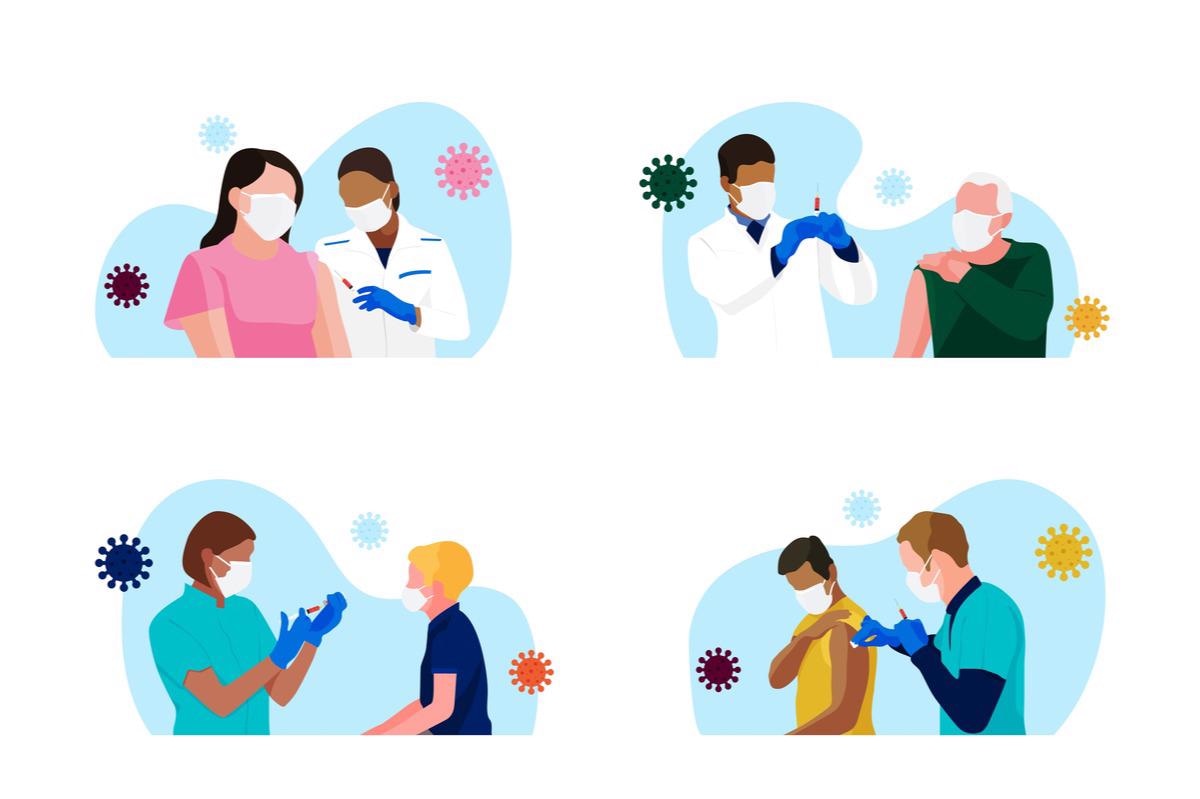 Image Credit: MariaKGraphicDesigner/Shutterstock
Image Credit: MariaKGraphicDesigner/Shutterstock
The approach of the International Vaccine Institute has three components: research, partnerships, and capacity-building. Please could you tell us more about what each of these components means for accelerating vaccines for public health?
As a research institute, we identify the need for a vaccine through epidemiology and begin testing new vaccine candidates for diseases with a high burden and little financial incentive. For instance, IVI developed the world’s first affordable oral cholera vaccine and transferred the technology to two vaccine manufacturers, Shantha Biotech in India and EuBiologics in South Korea, to bring them to the global public market. These WHO-prequalified vaccines were available at $1.85 per dose, in contrast to Dukoral®, an existing cholera vaccine that was also purchased by the public sector though used primarily as a traveler’s vaccine due to its cost and delivery requirements.
Achieving WHO Prequalification, the only global medicines quality assurance program enables agencies such as UNICEF to purchase vaccines for global public use. We’re pursuing a similar pathway for a new typhoid conjugate vaccine (Vi-DT) which has now completed Phase III clinical trials, and we’re in the early stages of developing vaccines for invasive non-typhoidal Salmonella (iNTS) and Shigella, two infectious diseases that may kill 500,000 people every year with no licensed vaccines to protect against them.
Our distinctive model as both a research institute and product development partner affords us unique capabilities to seamlessly transition from the lab to technology transfer to clinical development and all the way to licensure and delivery.
Beyond the laboratory stage, we conduct epidemiology research and disease surveillance as well as vaccine clinical trials, prioritizing settings with a high disease burden but limited opportunities to participate in clinical development. We evaluated Vi-DT in Nepal, for example, a country with one of the highest burdens of typhoid in the world but little capacity or infrastructure to carry out clinical trials. Capacity-building has been one of IVI’s core mandates since its founding, and this Phase III trial was an opportunity to tap into and strengthen Nepal’s research capabilities.
IVI strongly believes that building up research capacity is one of the most effective and sustainable avenues for advancing health and development in LMICs. Since the typhoid Phase III trial, Nepalese investigators, armed with this capacity, have executed a Phase III cholera vaccine trial and a Phase III trial of Sanofi's COVID-19 vaccine – a great example of creating and building upon the capacity in a low/middle-income country.
In our increasingly globalized world, why do you believe that vaccination is crucial for global public health?
This quote from UN Secretary-General António Guterres has become the universally accepted mantra of the COVID-19 pandemic, and it’s very apt: “In an interconnected world, none of us is safe until all of us are.” In a pandemic setting, inequitable distribution of vaccines between high and low-income countries is a humanitarian crisis as well as a health and financial one.
Not only is vaccinating with equity a moral imperative, but uneven coverage also prolongs the pandemic and creates new variants in settings with uncontrolled outbreaks. The unprecedented speed at which the scientific community developed novel vaccines is truly remarkable, but it is ultimately vaccination that saves lives.
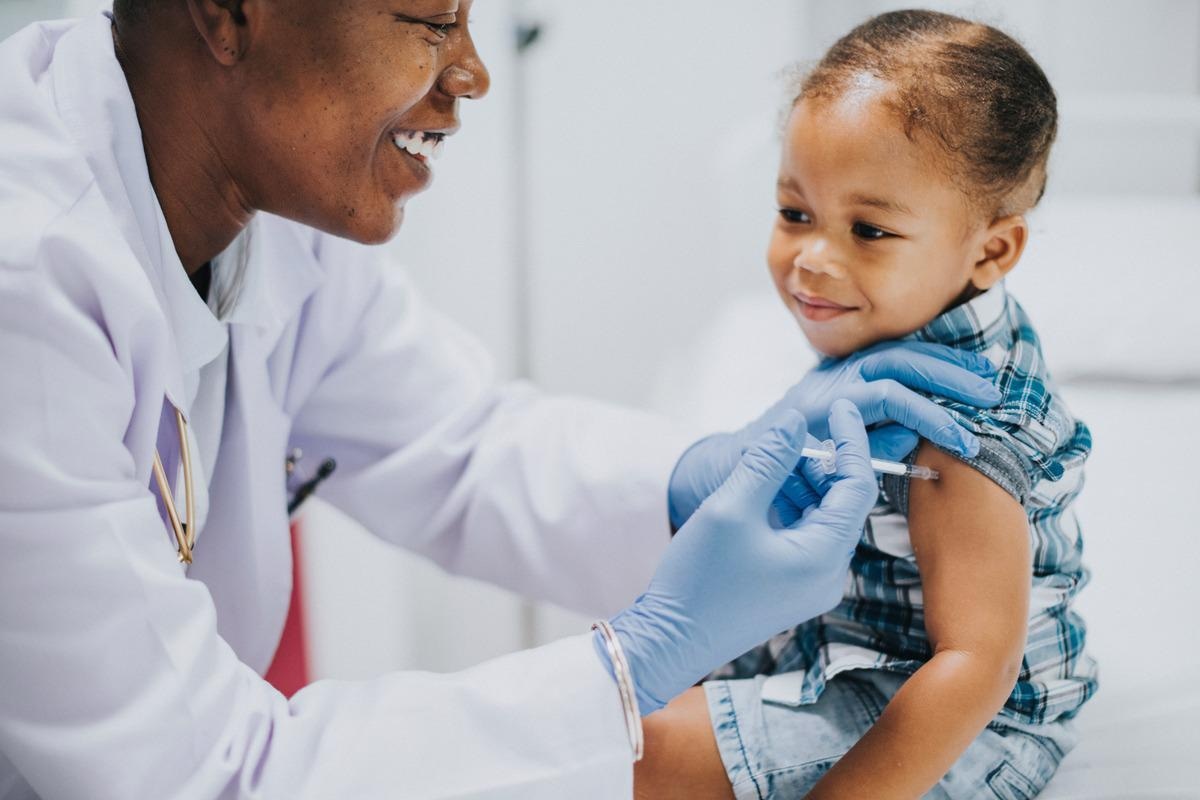 Image Credit: Rawpixel.com/Shutterstock
Image Credit: Rawpixel.com/Shutterstock
The International Vaccine Institute has a global impact, with project sites all over the world. In what parts of the world has the organization made the most impact thus far?
With headquarters in Seoul, Republic of Korea, and a new regional office in Stockholm, Sweden, IVI is currently engaged in over 20 field programs in 33 countries across Asia, Africa, and Latin America. Over the last decade, we’ve built up a robust disease surveillance network across sub-Saharan Africa to assess the burden of typhoid fever in the region, with the ultimate goal of introducing typhoid vaccination into routine immunization programs on the continent.
In Asia, particularly South and Southeast Asia, we have longstanding partnerships at every stage of vaccine clinical development for diseases such as typhoid, dengue, HPV, Hepatitis A and B, tuberculosis, COVID-19, and more.
Which age groups do you believe are most affected by vaccine-preventable diseases, and what can be done to improve vaccine coverage in these groups?
Infectious diseases affect all age groups, but many of IVI’s target disease areas profoundly affect young children. The most immediate barrier to vaccine coverage is lack of access due to limited availability, cost, health care infrastructure, and societal obstacles such as stigma and gender inequality. In other scenarios, there is insufficient demand for vaccines to necessitate the supply.
For instance, part of IVI’s work is to present the disease burden (through field epidemiology) and vaccine investment cases to governments. A core component of our oral cholera vaccine development program was collecting and presenting the evidence of disease burden to convince governments of the need to include cholera vaccines in routine immunization.
Beyond the discovery, development, and delivery of new and improved vaccines to cover younger age groups, vaccine advocacy and positive messaging from public health programs are crucial for increasing vaccine coverage.
Vaccine hesitancy is an issue in many countries globally. Such hesitancies are often the result of misinformation spread online or by word of mouth. How do you believe that we can increase vaccine confidence in those hesitant to get immunized?
In 2020, during an upswing of COVID-19 cases worldwide, the WHO released a report outlining key behavioral considerations for acceptance and uptake of COVID-19 vaccines. We can apply these considerations to increasing vaccine confidence for other life-saving vaccines. In addition to having the necessary knowledge, the report identifies three drivers for vaccine uptake: 1) an enabling environment 2) social influences 3) motivation. What may present as vaccine hesitance may actually be a response to the burdens, inconvenience, or stigma of getting vaccinated.
Increasing vaccine confidence requires removing physical barriers (costs, location, time, etc.); amplifying endorsements from key community figures; and communicating consistently, transparently, and proactively.
The theme of this year’s World Immunization Week is a “Long Life for All”. What does a “Long Life for All" look like to you and what role does immunization play in such a life?
Child deaths have decreased by more than 50% in the past 30 years, in large part due to vaccines in addition to other “WASH” initiatives including the availability of safe drinking water and hygienic facilities. I would also add that immunization ensures not only a longer life but potentially a more fulfilling and productive one. Immunization not only extends life spans but prevents disability and other factors that impact one’s ability to work and participate in society.
For instance, IVI is helping to develop two vaccines against schistosomiasis and chikungunya, two NTDs that may not have a mortality rate as high as other infectious diseases but disable children and adults for extended periods of time. This year’s theme of “Long Life for All” is very complementary with IVI’s vision of a world free of suffering from infectious diseases.
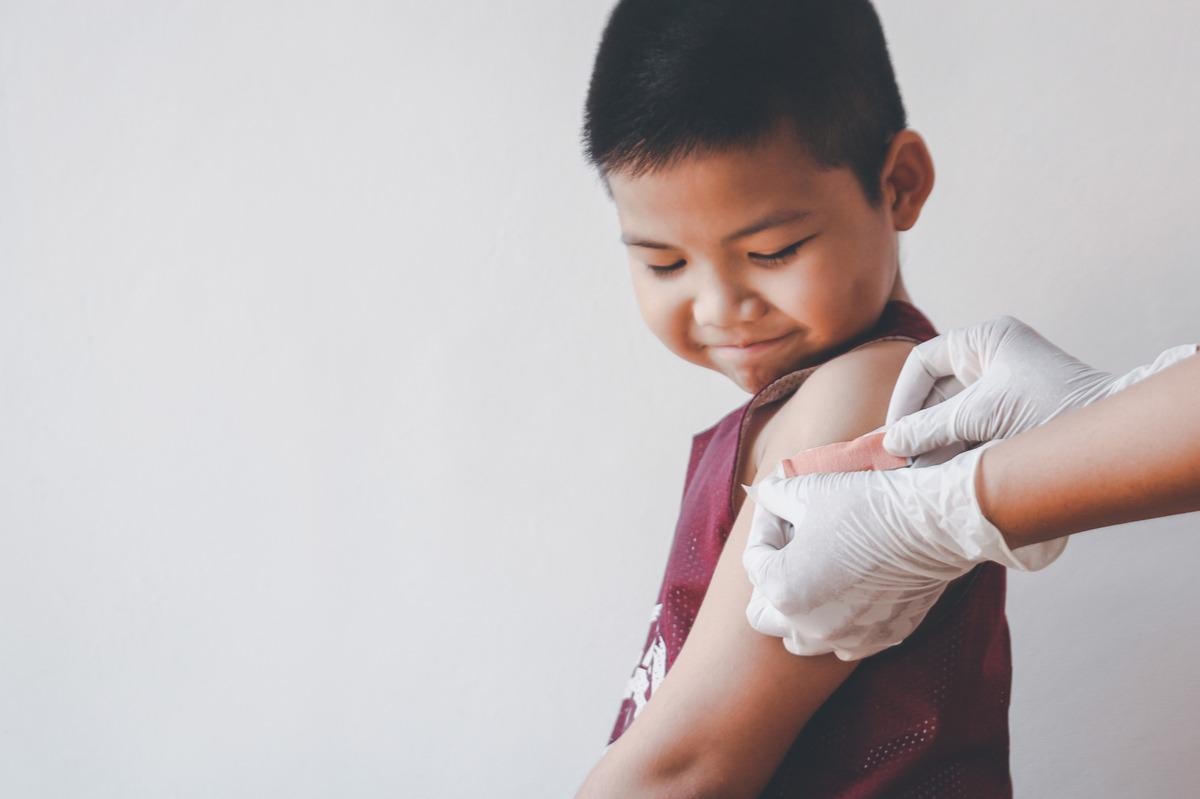 Image Credit: nednapa/Shutterstock
Image Credit: nednapa/Shutterstock
As a society, how can we work towards global vaccine equity and strive towards a “Long Life for All”?
The COVID-19 pandemic revealed our capacity to discover and develop novel vaccines at previously unthinkable speed and efficiency. Where we fell short is manufacturing these vaccines at scale and getting them to every corner of the world in an equitable manner. A concerted effort to commit to global vaccine equity will require an empowered, accountable global health leadership with the appropriate funding, tools, and personnel to enable, execute, and inspire multilateral action; and building national and regional capacities to develop vaccines, manufacture them, and license and distribute them.
What is next for the International Vaccine Institute, and what are your hopes for the future of vaccination?
2022 marks the 25th anniversary of IVI. This year, we’re looking forward to launching our first regional office in Stockholm, Sweden, which will significantly expand our network and research capacity in Europe and enable closer collaboration with our partners in Africa.
Several new member states joined IVI in the past couple of years, with two committing state funding, and we hope to engage with more governments and other global health stakeholders to multiply our impact.
WHO and Gavi, the Vaccine Alliance, note that full use of existing vaccines (i.e., complete vaccination) would save 2.5 million lives per year (not including COVID-19-associated deaths!). At the same time, infectious diseases for which no vaccines exist (HIV, TB, malaria, Group A Strep, non-typhoidal Salmonella, et al., kill 4-5 million per year). Put together, these statements summarize the future of vaccination: We must use the vaccines we have fully and equitably while adequately resourcing and prioritizing the development of vaccines for high-burden infectious diseases of poverty.
Ending Cholera 2030 Mozambique Cholera Prevention and Surveillance in Africa
Where can readers find more information?
Learn more about IVI here, and follow us on Twitter, Facebook, LinkedIn, and YouTube.
About Jerome Kim M.D.
Jerome H. Kim, M.D., is the Director General of the International Vaccine Institute (IVI). He served as the Principal Deputy,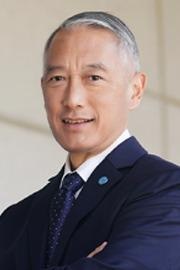 MHRP as well as the Chief of the Laboratory of Molecular Virology and Pathogenesis and the Project Manager, HIV Vaccines Project Management Office, U.S. Army Medical Material Development Activity. He led the Army’s Phase III HIV vaccine trial (RV144), the first demonstration that an HIV vaccine could protect against infection.
MHRP as well as the Chief of the Laboratory of Molecular Virology and Pathogenesis and the Project Manager, HIV Vaccines Project Management Office, U.S. Army Medical Material Development Activity. He led the Army’s Phase III HIV vaccine trial (RV144), the first demonstration that an HIV vaccine could protect against infection.
He is an adjunct Professor of Medicine at the Uniformed Services University and an adjunct professor at Yonsei University Graduate School of Public Health.
Dr. Kim graduated from the Yale University School of Medicine in 1984 and completed his training in Internal Medicine and Infectious Diseases at Duke University Medical Center. He has authored over 300 publications and was recently awarded the Korean Medal of Honor for Civic Merit.